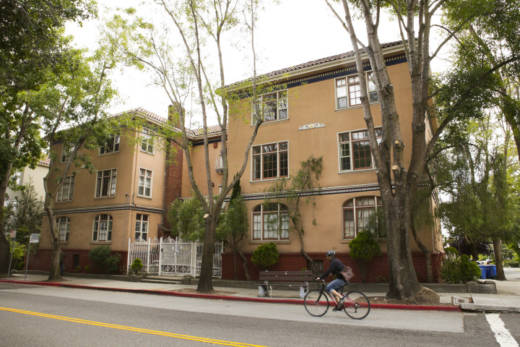California’s reparations task force, a statewide group charged with developing recommendations that address the impact of slavery in the state, is scheduled to meet this week to discuss ongoing housing issues, such as gentrification.
The first of its kind in the nation, the task force was created through AB 3121, authored by then-Assemblymember Shirley Weber, now the state’s first Black secretary of state. The task force has been investigating anti-Black discrimination in California that continued after slavery, working to educate the public on its research, determining the compensation for Black Californians, and drafting an apology. The task force also is researching: the history of environmental racism, where higher concentrations of pollution have been found in Black neighborhoods, and the devastating effects of white supremacy and overpolicing.

“More data shows that Black residents are leaving the state for other cities and states. You can’t give reparations to a group of people who no longer live in your state,” said Darrell Owens, a data and policy analyst at the nonprofit California YIMBY, which advocates for affordable housing. “This is the fundamental problem that the housing affordability crisis and gentrification is causing on Black Californians.
Owens, also an activist with East Bay for Everyone and a former commissioner on the Berkeley Housing Advisory Commission, is giving expert testimony at the task force meeting Tuesday. He talked about this with KQED’s Brian Watt.
The following interview has been edited for brevity and clarity.
Brian Watt: What is your personal experience with gentrification?
Darrell Owens: The area that I grew up in Berkeley gentrified pretty heavily. Like [with] many Black families, we had to leave when we could no longer afford to keep our house.

